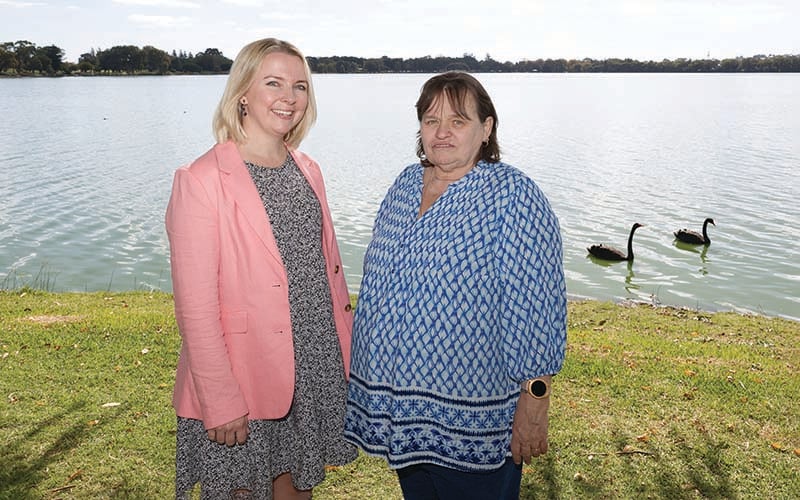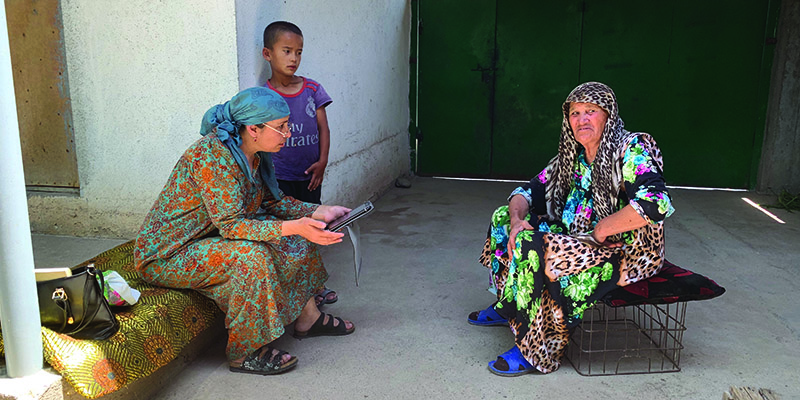Search
Research
Study of Children Aged Under 2 Years Admitted With RSV at Four Australian Hospitals [2021–2022]Primary aim was to review severe acute respiratory infections (SARI) hospitalisations caused by respiratory syncytial virus (RSV) in children aged < 2 years in paediatric hospitals in Australia. Secondary aims included RSV subtyping, assessing RSV seasonality and contributing to the World Health Organisation's RSV surveillance programme.
Research
A roadmap for understanding sulfadoxine-pyrimethamine in malaria chemopreventionMelissa Penny PhD, PD, BSc (Hons) Professor Fiona Stanley Chair in Child Health Research melissa.penny@thekids.org.au Professor Fiona Stanley Chair
Research
Assessing the Use and Acceptability of Virtual Reality to Assist Coping in Children Undergoing Clinical ProceduresVirtual reality is used as a distraction tool during medical procedures that can cause anxiety and pain. We assessed the usefulness, engagement, value and feasibility of virtual reality to help children cope with routine clinical procedures.
Research
Barriers and facilitators to mental health care access and engagement for LGBTQA+ people with psychosis: A scoping reviewLGBTQA+ individuals are at increased risk of experiencing psychosis and face barriers in accessing appropriate and timely mental health support. This scoping review maps the existing literature to identify barriers and facilitators to access and engagement to care for LGBTQA+ people across the psychosis spectrum.
Research
Machine learning techniques to predict diabetic ketoacidosis and HbA1c above 7% among individuals with type 1 diabetes — A large multi-centre study in Australia and New ZealandType 1 diabetes and diabetic ketoacidosis (DKA) have a significant impact on individuals and society across a wide spectrum. Our objective was to utilize machine learning techniques to predict DKA and HbA1c>7 %.
Research
The histone demethylase dLsd1 regulates organ size by silencing transposable elementsThe specific role of chromatin modifying factors in the timely execution of transcriptional changes in gene expression to regulate organ size remains largely unknown. Here, we report that in Drosophila melanogaster depletion of the histone demethylase dLsd1 results in the reduction of wing size. dLsd1 depletion affects cell proliferation and causes an increase in DNA damage and cell death.
Research
Cause-Specific Secular Trends and Prevention Measures of Post-Neonatally Acquired Cerebral Palsy in Victoria and Western Australia 1975–2014: A Population-Based Observational StudyTo describe the timing and causes of post-neonatally acquired cerebral palsy (PNN-CP) and map the implementation of relevant preventive strategies against cause-specific temporal trends in prevalence.

In Aboriginal culture, water is life, holding powerful spiritual and cultural significance and acting as a vital source of connection, food and medicine.

Fieldworkers learning how to collect eHCI data A fieldworker collects data for the eHCI in Tajikistan The rugged, landlocked Central Asian country of

We have developed best-practice suicide prevention guidelines for health professionals and community service providers to help them create safe spaces for LGBTQA+ young people.
